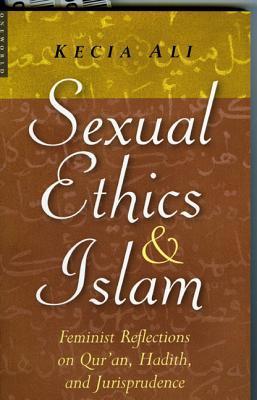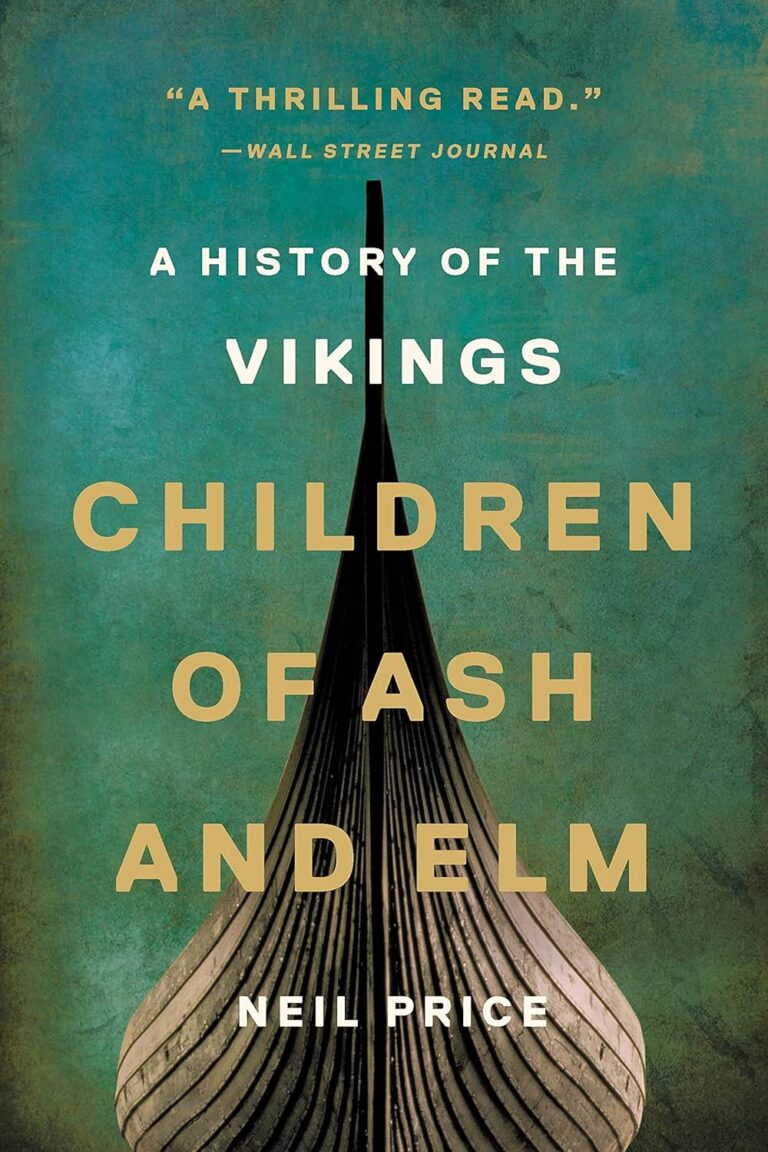Developing a reading habit is often perceived as a monumental task, requiring time, discipline, and the mental resolve to dive into books for extended periods. Yet, one of the simplest and most effective strategies to cultivate this habit lies in setting a seemingly insignificant goal: reading for just two minutes every day. This approach, rooted in behavioral psychology, eliminates the common barriers to habit formation and leverages the brain’s natural tendencies to create sustainable change.
The Psychology Behind Small Goals
The human brain often resists change, particularly when it perceives the task as overwhelming or requiring significant effort. By setting a goal to read for only two minutes, you bypass this resistance. The goal is so small and achievable that it feels almost effortless. This concept aligns with BJ Fogg’s Tiny Habits method and James Clear’s Atomic Habits principles, both of which emphasize starting with minuscule actions to build momentum. When a goal is so easy that it doesn’t trigger resistance or procrastination, the brain is more likely to comply and repeat the behavior.
Consistency Over Intensity
Reading for two minutes might seem trivial, but its power lies in consistency. Daily repetition creates a neural pathway in the brain, reinforcing the habit over time. Neuroscience explains that habits are formed through the process of synaptic plasticity, where repeated actions strengthen neural connections. By committing to a manageable time frame, you ensure that the habit becomes automatic without requiring conscious effort. This small step serves as the seed for a larger habit, much like planting a tree starts with a single seed.
The Domino Effect
The two-minute goal is often the gateway to reading more. Once you start reading, it’s common to continue beyond the initial time frame. This phenomenon, known as the “initial activation energy” effect, demonstrates that starting is the hardest part of any task. By removing the mental barrier to beginning, you set off a chain reaction. A quick glance at the first page may lead to finishing a chapter, and before you know it, you’ve spent 30 minutes engrossed in a book.
Overcoming Excuses
Life is full of distractions and competing priorities, but a two-minute reading goal leaves no room for excuses. It’s a bite-sized commitment that can fit into even the busiest schedule. By eliminating the need for mental negotiation, you establish a habit without relying on fluctuating willpower. Additionally, the sense of accomplishment derived from meeting this small goal can serve as a positive reinforcement, motivating you to continue the habit.
Long-Term Transformation
The beauty of the two-minute rule lies in its scalability. While the initial habit may be reading for two minutes, this framework is designed to grow organically. Over weeks and months, your brain adjusts to the habit, and you naturally begin to extend the time spent reading. This progression is the essence of habit stacking, where small habits build on each other to create profound lifestyle changes. Over time, what began as a modest goal evolves into a substantial reading practice, enriching your knowledge, perspective, and overall well-being.
In a world that often glorifies dramatic resolutions, the 2-minute rule stands as a testament to the power of simplicity and consistency. By starting small and focusing on just two minutes a day, you lay the foundation for a lifelong reading habit. It’s not the size of the goal but the act of showing up every day that transforms your identity into that of a reader. The journey of a thousand books truly begins with a single, effortless page.










